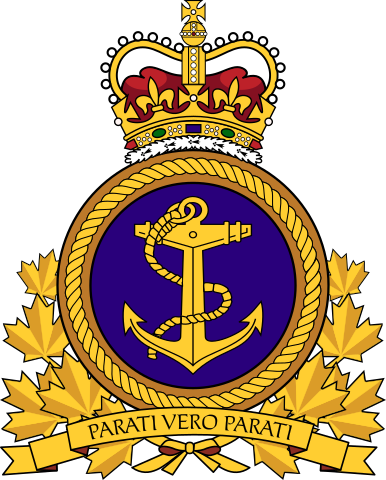In The Line, Harrison Ruess channels his inner Star Trek geekiness to illustrate the Kobayashi Maru situation the Royal Canadian Navy (and the rest of the armed forces) find themselves in:
Canada is, and has been for some time, caught between two irreconcilable positions. We don’t want to spend any money on the military but also continue to prioritize how important and influential we want to be in the world (“Canada is back”, etc).
Friends, either of these things is possible. We just can’t do both at the same time.
So let’s have an honest conversation and decide which road we want to go down, commit to it, and then do the best we can in whichever adventure we choose. Talking, domestically and internationally, about how determined Canada is to make a positive impact in the world, while not investing in the systems to give our words weight, sets both Canadians and our allies up for disappointment. The old adage that it’s best not to over-promise and under-deliver should be remembered. We seem to aspire to the reverse.
If Canadians really don’t want to invest in our military, then we need to be honest about the consequences of those decisions. It means a more inwardly focused Canada, less able to support our allies, with fewer seats at big tables, less able to respond to emergencies or disasters, and likely less able to help our own. Given our unstable world, I would not personally advocate for this road, but there is a case to be made for it. So if you are someone who thinks this is the right path, then make your case honestly. Explain why you think it’s swell that our navy will need to launch under-equipped vessels, or not launch them at all. Defend your ground. But stop trying to sell Canadians a fable that we can have a shell of an armed forces while at the same time having increased global influence and impact.
On the other hand, if we do think Canada has a positive role to play — and even a responsibility — in trying to bring some order to the world, help those who need it, and ultimately protect our own interests, then we need a military, and a military budget, strong enough to meet the demands of the task. This includes procurement budgets, maintenance budgets, budgets to offer competitive wages, and budgets to sustain missions, both training and the real deal.
Proponents of this position need to do a much better job of explaining why this is the best path to both improving the lives of Canadians and stabilizing our destabilized world. Then our governments must pursue and defend this road, even when defence isn’t top of the polling priority list — which it never is.
The current status-quo doesn’t work. It’s dishonest. And most importantly, it hurts Canadians and our awareness of what our country is — or isn’t — capable of doing. Kudos to V.Adm. Topshee for, in not so many words, trying to explain the impact of this reality on the navy.
Having a capable, equipped military costs money — starting with perhaps the NATO-agreed upon two per cent of GDP. That’s the cost of doing business as a serious, mature, supposedly globally oriented country. Are we that? Do we even want to be?




